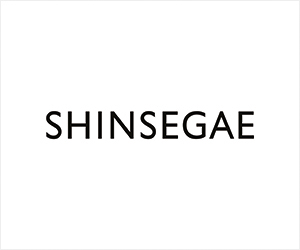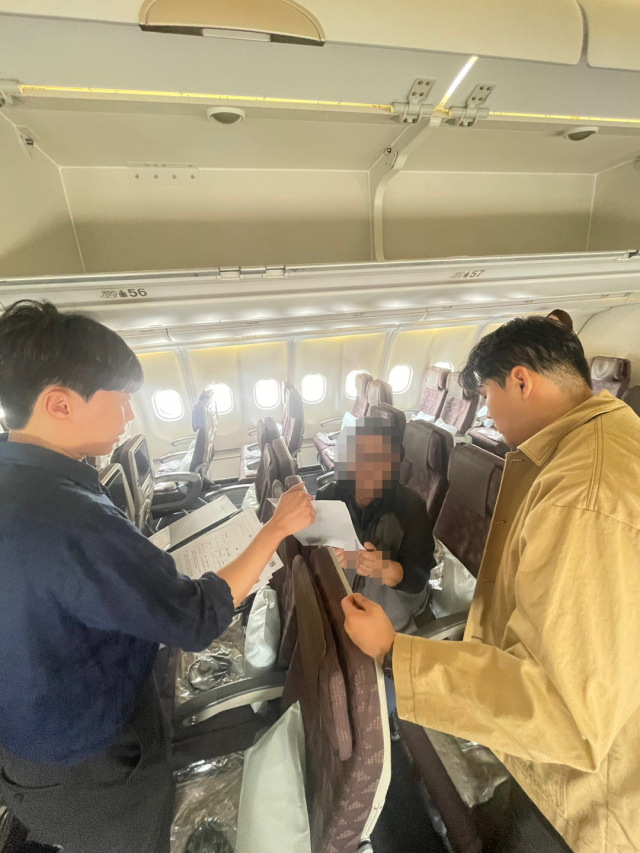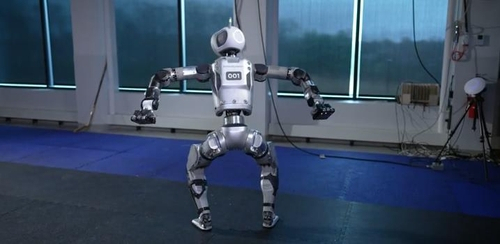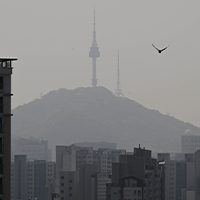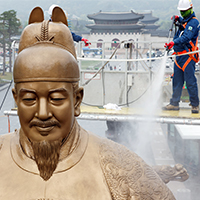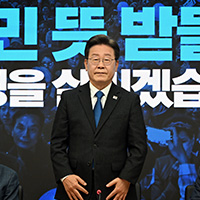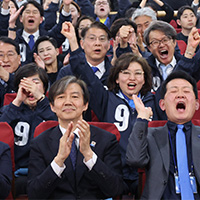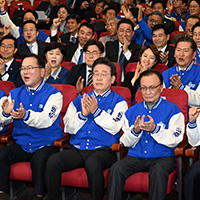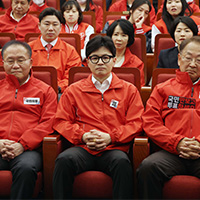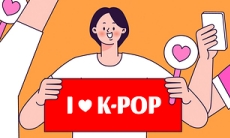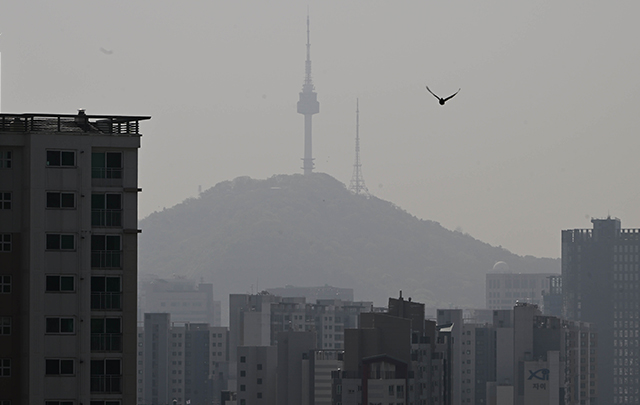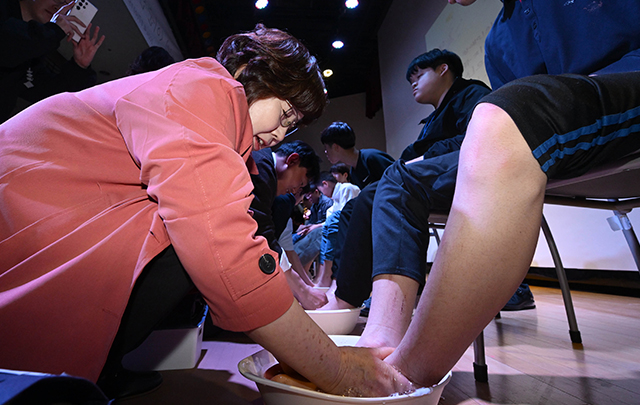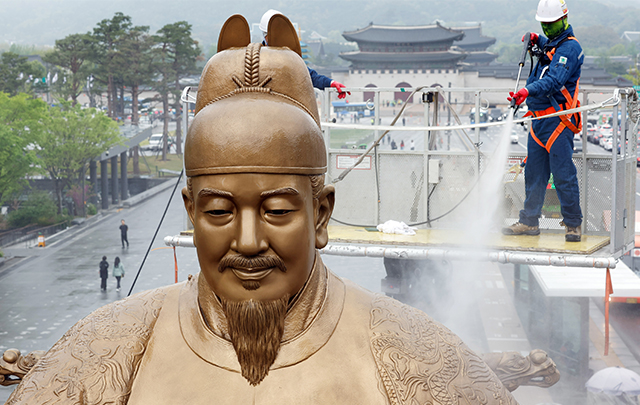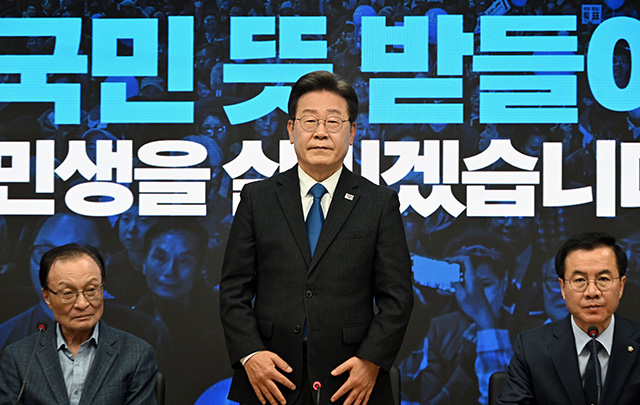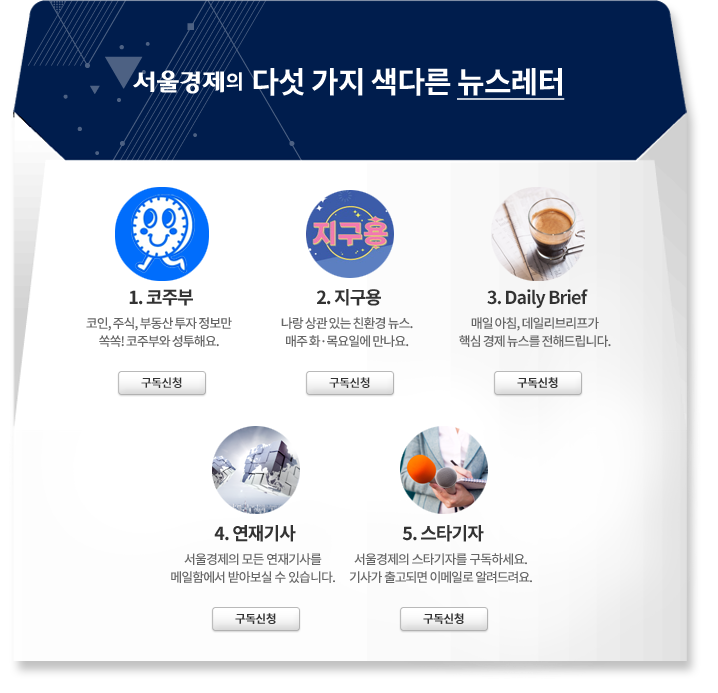포춘은 문 대통령이 “지난해 5월 전임자가 부패 혐의로 투옥된 불운한 상황에서 취임했지만, 빠르게 공정 경제를 위한 개혁에 착수했다”며 “최저임금 인상·건강보험 확대·재벌 영향력 제한 등에서 좋은 성과를 거뒀다”고 평가했다. 이어 “남북 간 화해의 서막이 될 트럼프 미국 대통령과 김정은 국방 위원장과의 회담을 주선하는 등 긴장완화 측면에서 중심축 역할도 했다”고 선정 사유를 밝혔다.
한편 이 리스트에서 1위는 미국 내 총기 규제 운동을 주도한 플로리다주(州) 고교 총기난사 사건 생존 학생들, 2위는 빌·멜린다 게이츠 부부, 3위는 세계적인 성폭력 폭로 운동인 ’미투 캠페인‘이 차지했다. /bjh1127@hmgp.co.kr
(아래는 포춘 온라인판 전문)
The World’s 50 Greatest Leaders
Our annual list of the thinkers, speakers, and doers who are stepping up to meet today‘s challenges. By Fortune Editors
Though it seems unlikely, Tim Cook and Indira Jaising have something in common besides membership in Fortune’s 2018 ranking of the World‘s Greatest Leaders. Cook (No. 14) is the wealthy CEO of Apple, the most valuable publicly traded company on earth; Jaising (No. 20) is an Indian lawyer who cofounded an NGO called Lawyers Collective, which promotes human rights issues. Yet they share this trait: Both have multiplied their organizations’ effectiveness by harnessing the power of unbundling. Following their example is a new imperative for the best leaders.
Unbundling means disaggregating enterprises of all kinds, from the smallest startups to entire nations. In business it can mean making a company more valuable by splitting it up, as Hewlett-Packard did and other companies (Honeywell, Pentair, DowDuPont) are doing. Or it can mean increasing value by delegating functions once regarded as necessary parts of the whole; Apple‘s outsourcing of complex, high-tech manufacturing, and the staggering capital requirements that go with it, is a dramatic example.
Technology makes unbundling possible and often inevitable. For centuries, greater size made companies, nations, and other enterprises more efficient and effective. Increasingly, it doesn’t. Outsourcing and coordinating manufacturing, distribution, research, and nonemployee workers becomes easy and cheap in the digital era. The most extreme example is the Chinese appliance maker Haier, which is not so much a company as a platform that invites entrepreneurs to become one of thousands of microenterprises within its ecosystem. Crazy? Definitely not. Using this radically unbundled model, Haier has become the world‘s largest appliance brand.
I asked the architect of Haier’s model, chairman Zhang Ruimin (on our WGL list in 2014 and 2017), why more business leaders don‘t follow his example. “They’re afraid of giving up power,” he replied. Nearly all their incentives encourage empire building. “Bigger firms pay more, way more,” says Kevin Hallock, director of Cornell University‘s Institute for Compensation Studies. The same is true among nonprofits and labor unions, he finds. Why would any leader want to unbundle?
This year’s list puts an emphasis on leaders who are navigating this challenge deftly. (That has meant sidelining some perennially worthy figures, from Pope Francis to Jeff Bezos; to see past years‘ lists, visit Fortune.com.) At companies, one solution is to evaluate leaders on wealth creation rather than size as conventionally measured. Leaders of mission-driven nonprofits may face fewer disincentives. Indira Jaising’s little NGO punches far above its weight because it can outsource staff and infrastructure; the Internet lets it communicate widely at low cost and enables volunteers to pitch in from around the world.
The fiercest resisters of unbundling are national leaders. They have little to gain and much to lose by leading a smaller country. Yet they may have no choice, eventually. Many services that once were the province of governments-telecom, utilities, even satellite launches-have become commoditized, available on the open market. Spain‘s Catalonians, for example, think they don’t need Madrid, and they may well be right.
The unbundling trend is especially powerful because it‘s driven from the bottom up as well as from the top down. Many people are eager to be free of institutions. “The desire to be self-sustaining, to be the boss, is a psychological reality,” says Parag Khanna, a strategy consultant who sees devolution as a powerful force in politics and the economy. The entrepreneurialism lurking in many souls can express itself more easily than ever.
Unbundling poses a quandary for leaders: Doing what’s best for the people they lead may result in leading fewer of them. But that fear reflects a too-narrow view of leadership, which arises not from authority but from inspiration. On paper, Merck CEO Kenneth Frazier (No. 5) leads 69,000 employees. But when he took what he called “a stand against intolerance and extremism” after the violence in Charlottesville, Va., last summer, resigning from President Trump‘s manufacturing council to protest Trump’s equivocating comments on the violence, he became a leader to millions.
The age of unbundling is disorienting. But leadership is what you make of it, as these 50 great leaders teach us. -Geoff Colvin
Head writers: Erika Fry, Jonathan Chew, and Matt Heimer
Writers: Kristen Bellstrom, Geoff Colvin, Rachel King, Kirsten Korosec, Beth Kowitt, Adam Lashinsky, Clifton Leaf, Anne VanderMey, Phil Wahba, Jen Wieczner, Valentina Zarya, and Claire Zillman
Guest Contributors: Brian Finlay, The Stimson Center; Phyllis Heydt, Office of the UN Secretary-General‘s Special Envoy for Health; Raj Panjabi, Last Mile Health; Jeffrey Sonnenfeld, Yale School of Management
THE LIST
1. The Students Marjory Stoneman Douglas and other schools
2. Bill and Melinda Gates Cofounders, Gates Foundation
3. The #MeToo Movement
4. Moon Jae-in President, South Korea
5. Kenneth Frazier CEO, Merck
6. Scott Gottlieb FDA commisioner
7. Margarethe Vestager Commissioner for Competition, European Union
8. Larry Fink CEO, BlackRock
9. General Joseph Dunford Chairman, Joint Chiefs of Staff
10. Liu He Vice Premier, China
11. Mary Barra CEO, General Motors
12. Nick Saban Football coach, University of Alabama
13. Emmanuel Macron President, France
14. Tim Cook CEO, Apple
15. Serena Williams Athlete
16. Isabelle Kocher CEO, Engie
17. Katie Bethell Executive director, PL+US
18. Ryan Coogler Film director
19. Huateng “Pony” Ma CEO, Tencent
20. Indira Jaising Founder, Lawyers Collective
21. Marc Benioff CEO, Salesforce
22. The Gymnasts and Their Allies
23. Kathleen McLaughlin Chief sustainability officer, Walmart
24. Mukesh Ambani Chairman and managing director, Reliance Industries
25. Mick Cornett Former mayor, Oklahoma City
26. Donald Hopkins Physician, the Carter Center
27. Oprah Winfrey CEO, OWN
28. Mitch Landrieu Mayor, New Orleans
29. Jacinda Ardern Prime Minister, New Zealand
30. Ma Jun Environmentalist, China
31. West Virginia Teachers
32. Leymah Gbowee President, Gbowee Peace Foundation
33. Jamie Dimon CEO, JPMorgan Chase
34. Michael Sorrell President, Paul Quinn College
35. Reese Witherspoon Actor/producer
36. Daniel Servitje Montull CEO, Grupo Bimbo
37. Izumi Nakamitsu Undersecretary general for disarmament, United Nations
38. Bashar Masri Founder, Rawabi
39. Leila de Lima Senator, Philippines
40. Angela Nyambura Gichaga CEO, Financing Alliance for Health
41. Timothy Keller Evangelical minister/author, Redeemer City to City
42. Gwynne Shotwell President and chief operating officer, SpaceX
43. Balkrishna Doshi Architect, India
44. Feike Sijbesma CEO, DSM
45. Kelly Chibale Scientist, South Africa
46. Ana Bot?n Group executive ?chairman, Banco Santander
47. Dina Meza Journalist, PEN Honduras
48. Ridwan Kamil Mayor, Bandung, Indonesia
49. Amy Gutmann President, University of Pennsylvania
50. Ed Bastian CEO, Delta Air Lines
4. Moon Jae-in
President, South Korea
Moon took office last May under inauspicious circumstances-his predecessor was impeached for corruption. Yet Moon speedily enacted reforms aimed at creating a fairer economy, such as boosting the minimum wage, expanding health coverage, and addressing the influence of the country’s chaebol conglomerates. Moon has been pivotal in arranging talks between President Trump and North Korea‘s Kim Jong-Un, a possible prelude to inter-Korean reconciliation.
http://fortune.com/longform/worlds-greatest-leaders-2018/?iid=sr-link1
< 저작권자 ⓒ 서울경제, 무단 전재 및 재배포 금지 >













